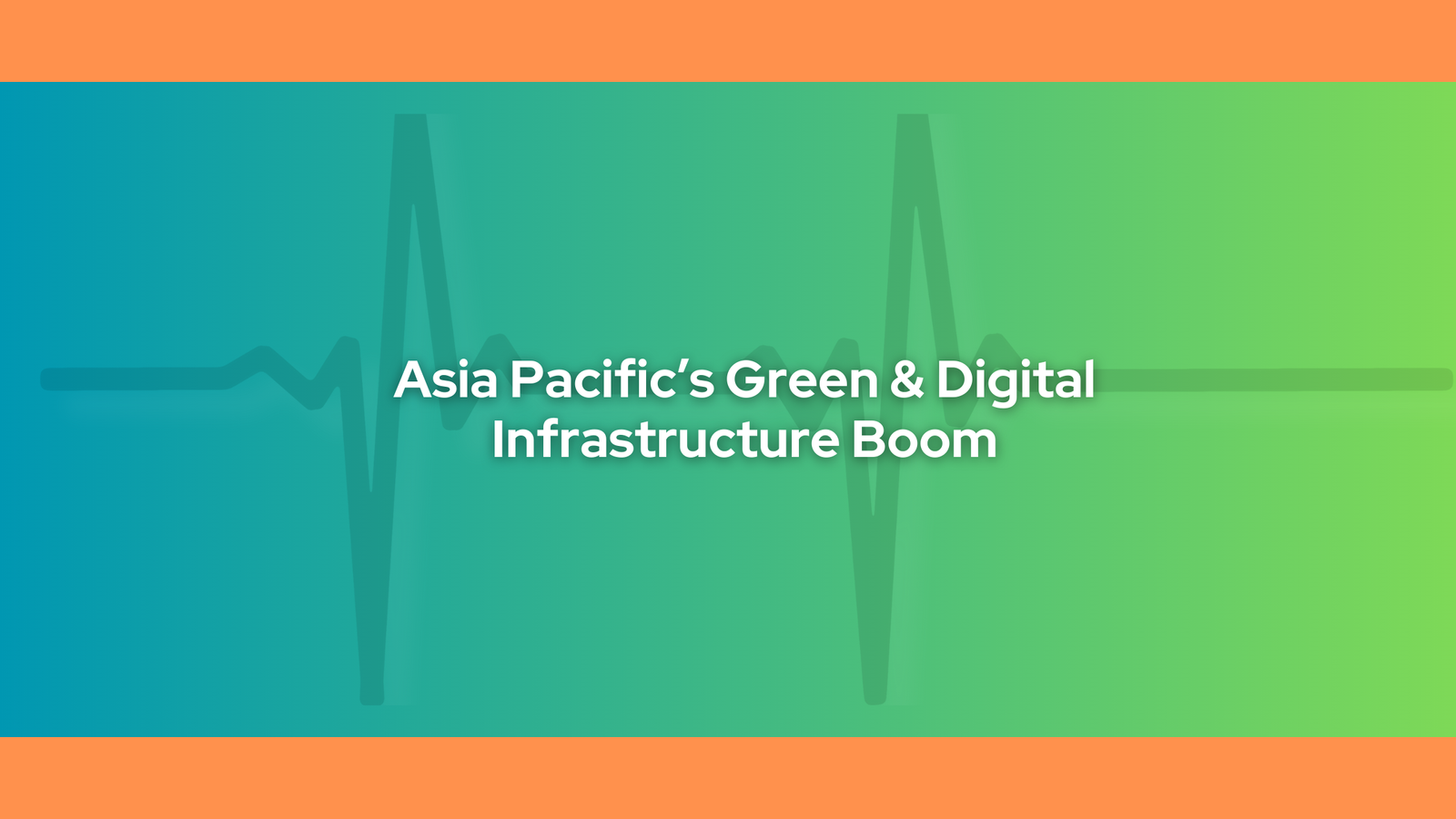The Asia Pacific region is witnessing a significant transformation in its infrastructure sector, marked by a clear emphasis on sustainability, digital innovation, and regional connectivity. Recent reports from industry sources such as Tendersinfo and the World Bank underscore the accelerating pace of development, with a surge in projects focused on renewable energy, smart cities, and integrated transportation networks.
Key Developments:
- China: The World Bank’s $150 million loan for the Three Gorges Modern Logistics Center signals a strong commitment to improving logistics efficiency and reducing carbon emissions in the region.
- India: The government’s ambitious National Infrastructure Pipeline (NIP) continues to drive a wave of projects across various sectors, including road, rail, and urban development, presenting significant opportunities for both domestic and international stakeholders.
- Southeast Asia: The Asian Development Bank (ADB) is actively funding infrastructure projects in the Philippines,Vietnam, and Indonesia, with a focus on sustainable development and regional integration.
Trends Shaping the Industry
The evolving infrastructure sector in Asia Pacific is characterized by several key trends:
- Sustainability: A growing emphasis on renewable energy, energy-efficient buildings, and climate-resilient designs is evident in projects across the region.
- Digital Transformation: The integration of digital technologies, such as smart city solutions and data-driven infrastructure management, is revolutionizing the way projects are designed, built, and operated.
- Public-Private Partnerships (PPPs): PPPs continue to play a crucial role in financing and delivering large-scale infrastructure projects, leveraging the expertise and resources of both the public and private sectors.
- Regional Connectivity: Investments in new transportation links, port expansions, and cross-border infrastructure are aimed at enhancing regional connectivity and fostering economic growth.
- Procurement Reforms: Governments are actively reforming their procurement processes to promote transparency,efficiency, and competition, leading to increased adoption of e-procurement platforms and stricter regulations.
Implications for Procurement and Supply Chain Professionals
These developments present both opportunities and challenges for procurement and supply chain professionals. While the demand for sustainable materials, advanced technologies, and skilled labor is high, navigating the complex regulatory environment and managing the risks associated with large-scale projects require expertise and adaptability.
Professionals in the field must stay abreast of the latest trends, technologies, and regulations to remain competitive in this dynamic market. By leveraging resources such as Tendersinfo, the World Bank, the ADB, and national government websites, they can gain valuable insights into upcoming projects and procurement opportunities.
